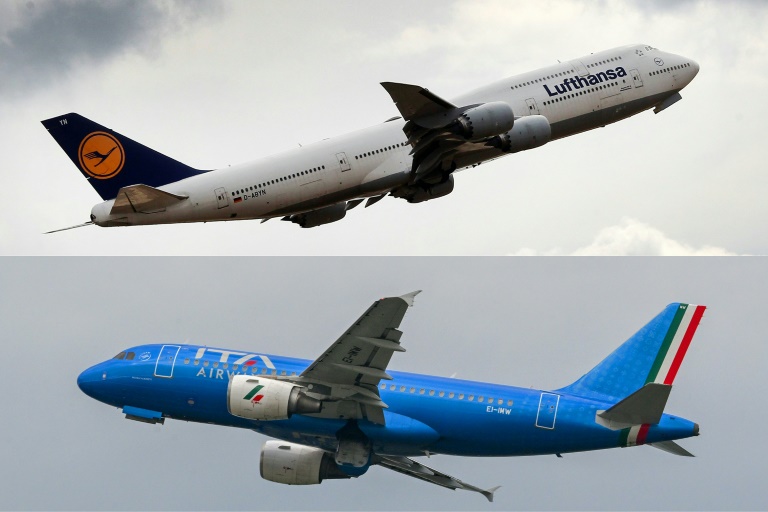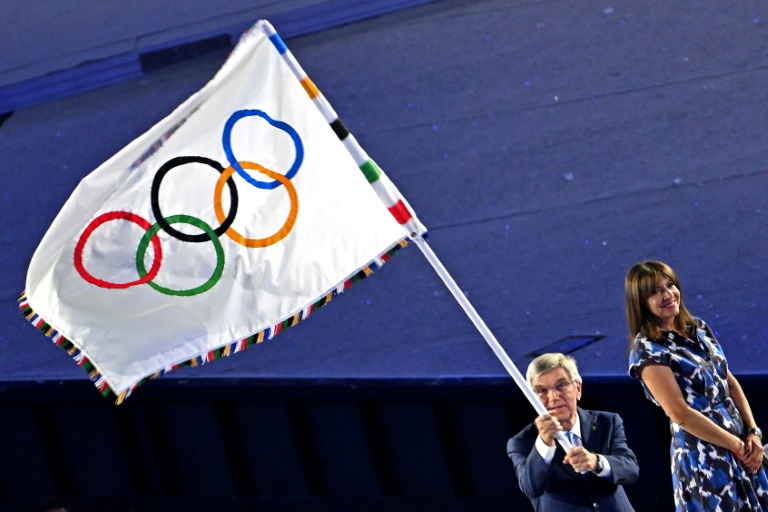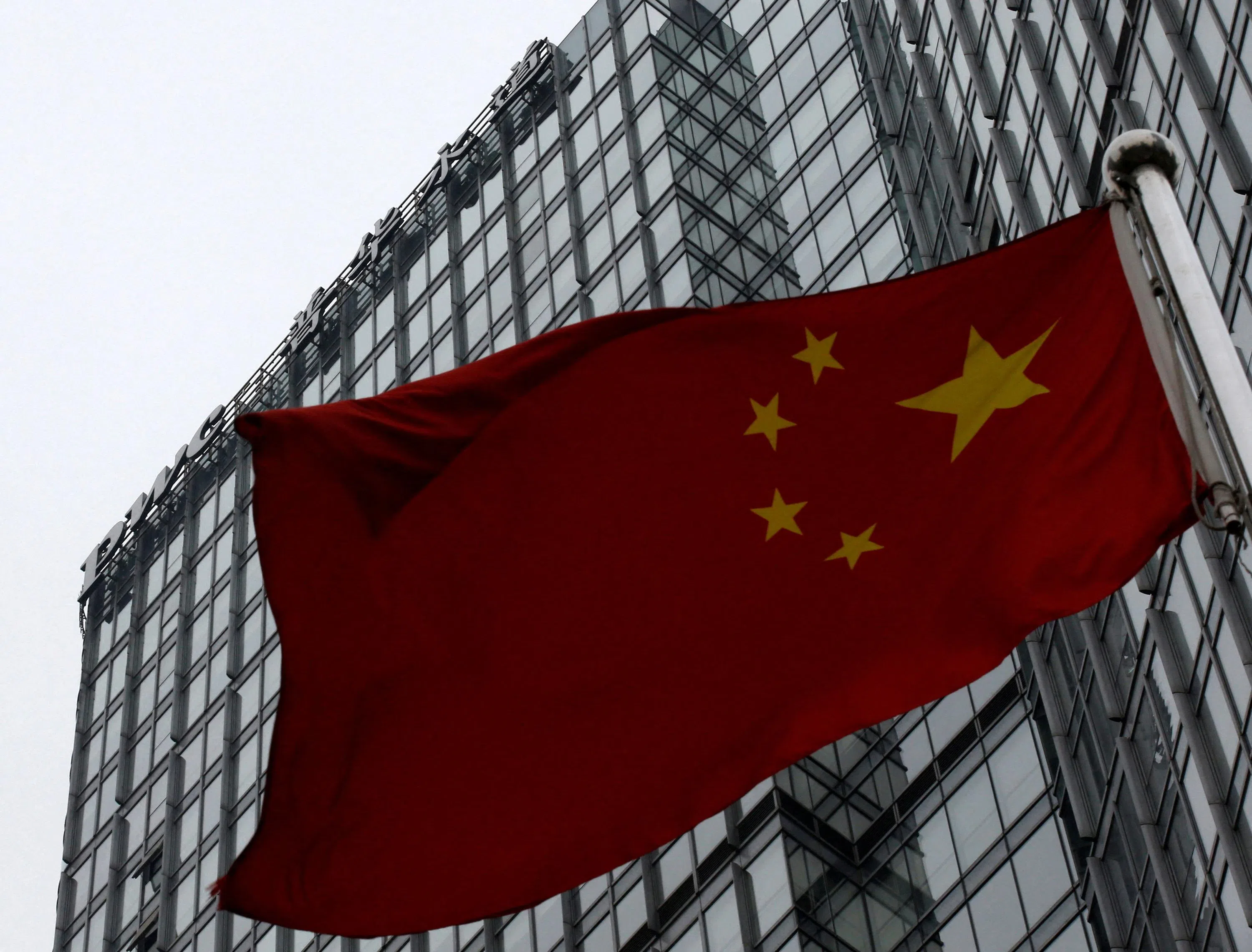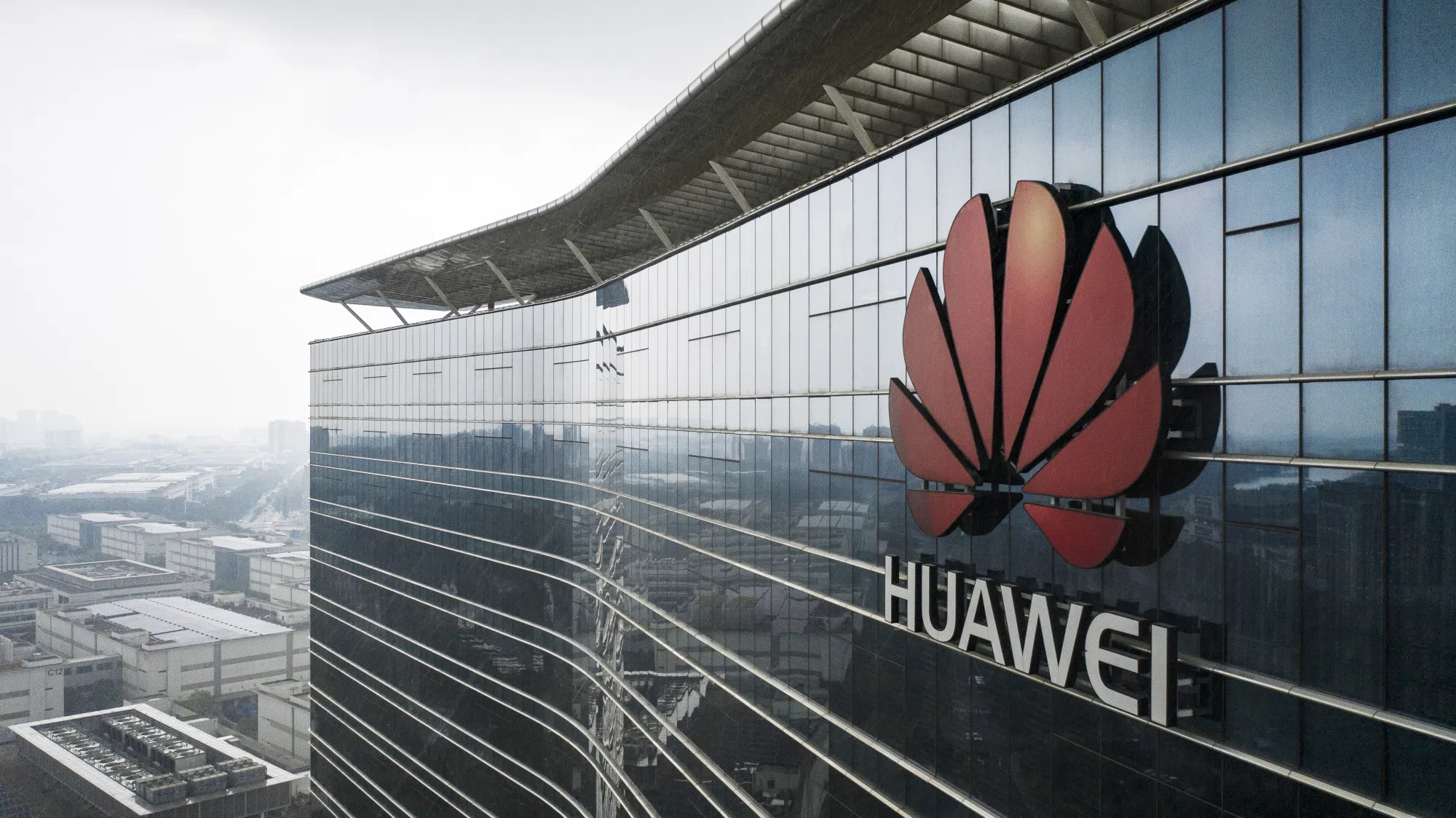The EU’s powerful competition regulator on Wednesday announced it has conditionally approved German airline Lufthansa’s proposed stake in Italy’s ITA Airways.
Lufthansa, one of Europe’s biggest carriers, last year agreed to pay 325 million euros ($350 million) for a 41 percent stake in ITA, with the Italian finance ministry also contributing 250 million euros as part of the capital increase.
The deal provided the German airline various options to increase its stake in ITA Airways — the successor to state-owned Alitalia — or acquire it outright at a later date.
But it has faced a turbulent process to get regulators’ approval after the European Commission opened an in-depth probe in January, fearing it could hurt competition.
The commission has now given the green light after Lufthansa and the Italian government offered a package of commitments to assuage those concerns.
The remedies offered include making it possible for one or two rival airlines to launch non-stop flights between Rome and Milan and central Europe, the commission said.
“These commitments fully address the competition concerns identified by the commission,” it said. “The decision is conditional upon full compliance with the commitments.”
Take-off and landing slots at Milan’s Linate airport will also be transferred to competing airlines for short-haul routes.
Other commitments they must fulfil include entering into agreements with rivals “to improve their competitiveness on the long-haul routes of concern”, between Italy and the United States and Canada.
This could include slot swaps at airports or interlining agreements, which means airlines coordinate with each other on certain aspects of travel, such as ticketing.
“This will lead to increased frequencies of nonstop flights and/or improved connections for one-stop flights on each of the routes,” it said.
ITA Airways was created from the ashes of Alitalia, which was placed under public administration in 2017.
Alitalia had accumulated losses of 11.4 billion euros between 2000 and 2020. It was eventually shut down in October 2021 before a rebirth as ITA.
The EU wanted to make sure the Lufthansa deal did not lead to higher prices for consumers.
Brussels had been concerned that on a number of short-haul routes between Italy and central Europe as well as long-haul routes between the United States and Canada there would be limited competition, leading to a reduction in quality for passengers.
“At a time when consumers are facing increasingly higher prices for air travel, it is very important to preserve competition in the sector,” said the EU’s competition chief, Margrethe Vestager.
“The package of remedies proposed by Lufthansa and the (ministry) on this cross-border deal fully addresses our competition concerns by ensuring that a sufficient level of competitive pressure remains on all relevant routes,” she added.







